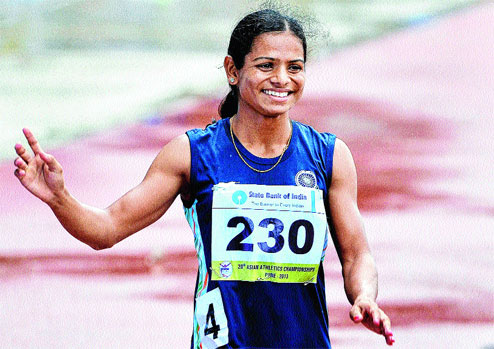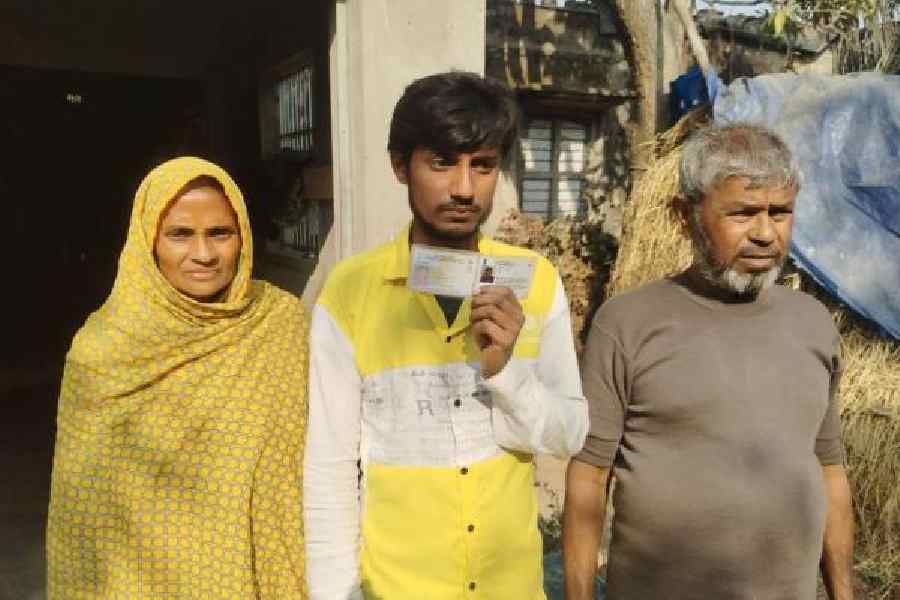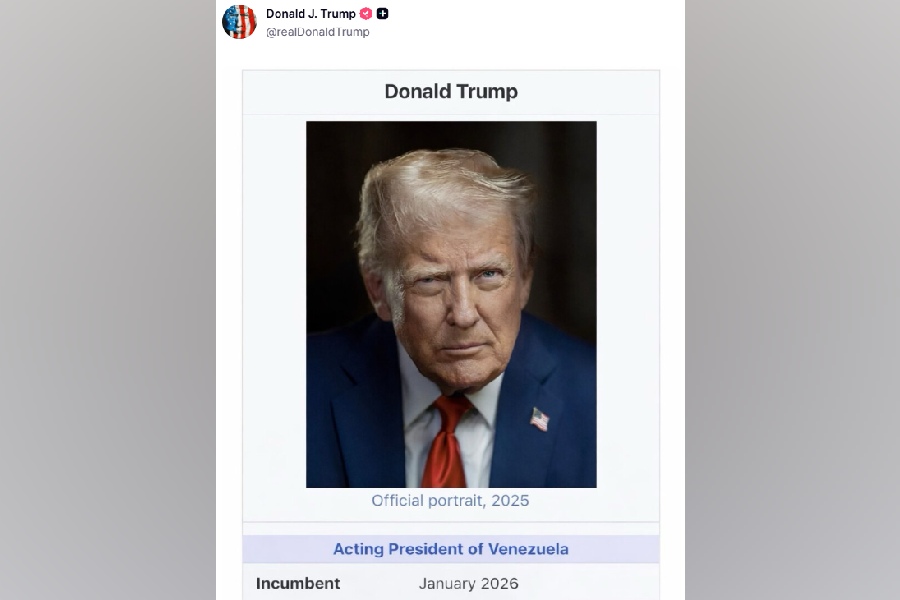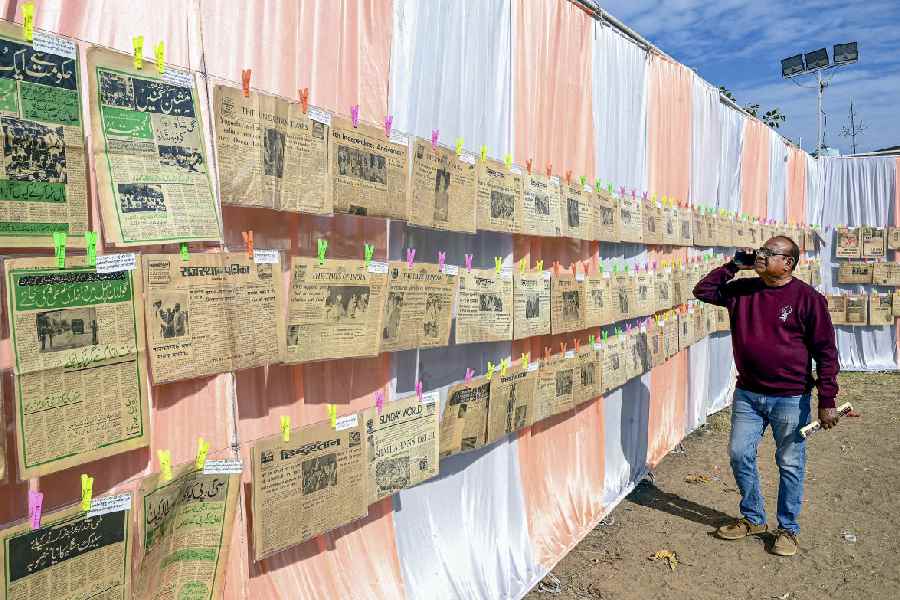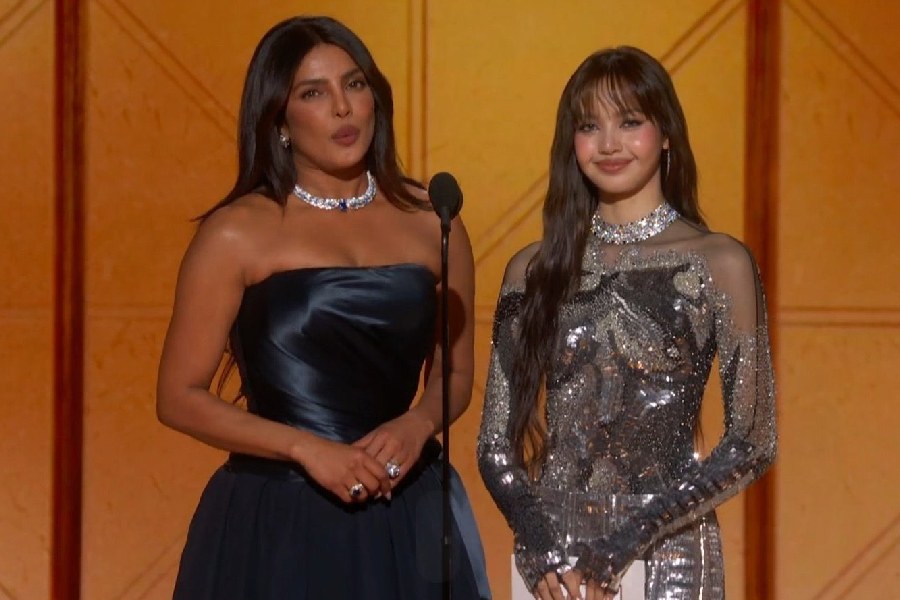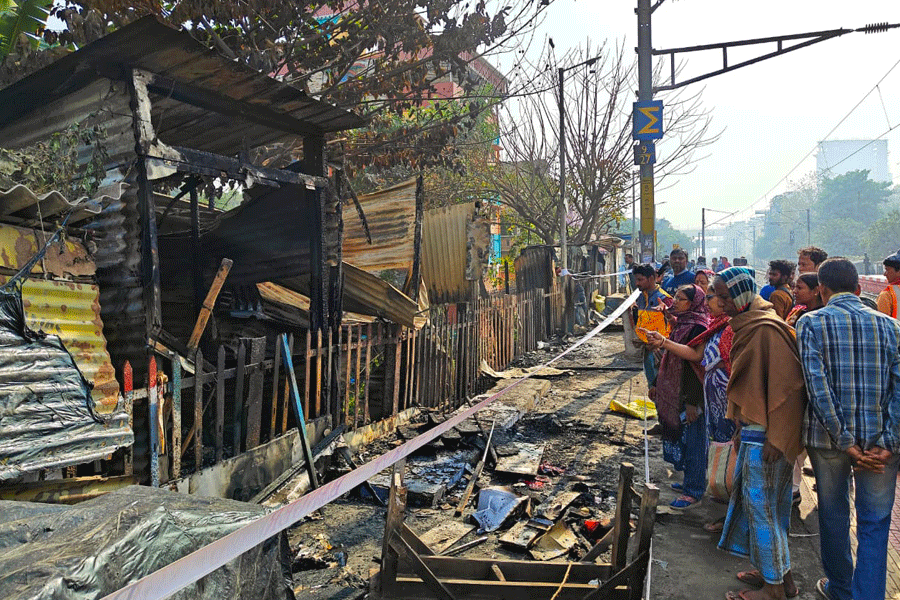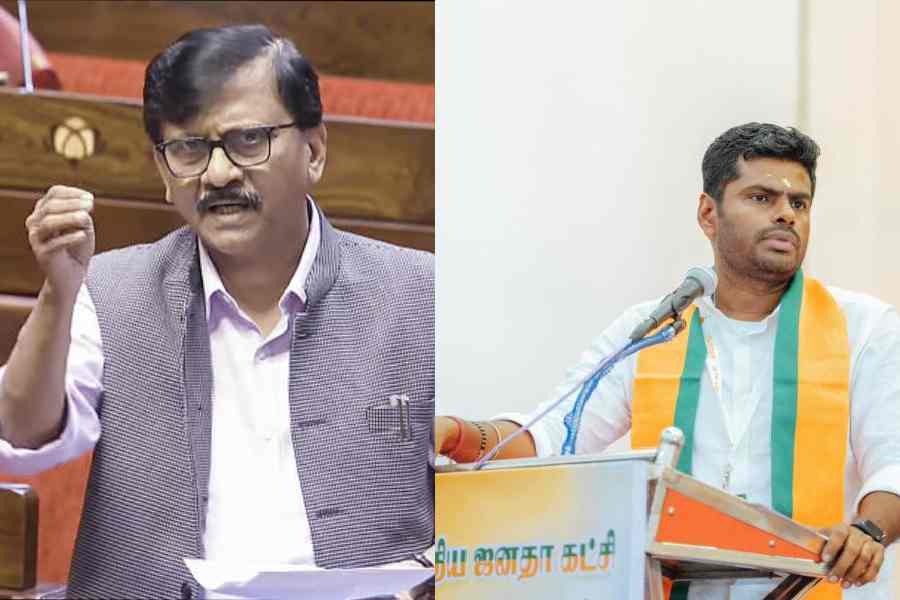
Bhubaneswar, July 29: Indian sprinter Dutee Chand has won gold on behalf of several women athletes.
The Switzerland-headquartered final appeals court for global sports has, on a challenge filed by Dutee, ruled that a common factor in distinguishing the sexes - the level of natural testosterone in a sportsperson's body - is not enough to bar some women from competing against females.
The 19-year-old Odia athlete is hyperandrogenic, meaning her body naturally produces high levels of testosterone. In July last year, Dutee, then a national champion in the 18 and under 100-metre competition, was banned from taking part in women's national and international events because her natural levels of testosterone exceeded guidelines set by the International Association of Athletics Federations (IAAF) for female athletes.
Dutee challenged the hyperandrogenism regulations at the Court of Arbitration for Sport in Lausanne, Switzerland.
For the past year, Dutee, who was represented in court by the Toronto law firm Davies Ward Phillips & Vineberg L.L.P., fought tooth and nail for her right to compete and more significantly, her identity as a female.
"The Athletics Federation of India (AFI) and IAAF authorities wanted me to go for treatment of high androgen levels that are naturally present in my body. The entire incident made me confused about my identity since they said my body had more male characteristics. But I did not want treatment. I am what I am and have the right to my body," Dutee told The Telegraph by phone from Hyderabad where she is at a practice camp.
On Monday, the court upheld Dutee's argument and suspended hyperandrogenism regulations for two years. It asked the IAAF to prove within this period if high androgen levels offer any performance advantage for female athletes, failing which these regulations will be declared null and void.
Also, the court ordered that Dutee and hyperandrogenic athletes like her are immediately and unconditionally eligible for any international competition - paving the way for their participation in next year's Rio de Janeiro Olympics.
The courageous sprinter's appeal against the regulations itself questioned the treatment of female athletes all over the world with high androgen levels.
South African athlete Caster Semenya and India's Pinki Pramanik and Santhi Soundarajan, who was stripped of a silver medal won at the 2006 Asian Games after failing a gender verification test, have all faced similar hurdles.
Dutee did not want to be another name on this list. "I was at the peak of my career when they conducted an arbitrary test for my testosterone levels last year," said Dutee, who won two gold medals in the Asian Junior Athletics Championship in June 2014 and a bronze on her international debut in the senior category at the Asian Athletics Championship in 2013.
Her name was expected to be in the squad for the Glasgow Commonwealth Games 2014, but wasn't. "Less than two weeks before the Glasgow event, where I should have been running for India, my career looked shattered," said the teenager, who hails from a family of weavers in Jajpur, around 80km from Bhubaneswar, and is the third of seven children.
With limited access to fight for justice at the international level, Dutee said she crumbled completely within. "I did not know what was to happen next to me and how long it would be before I hit the track again. Even if things sorted out, I would not be as good an athlete then as I was now," she said.
After an initial ban, Dutee fought back with the support of former Sports Authority of India director-general Jiji Thomson, the ministry of youth affairs and sports and also the state sports department and the Odisha Athletics Association. Sports researcher Payoshni Mitra, Professor Bruce Kidd (University of Toronto), a former Olympian who is an activist for equality in sports, and Dr Katrina Karkazis (of the Center for Biomedical Ethics at Stanford University) all helped argue her case and even helped her get a provisional clearance for domestic events in December 2014. In March this year, Dutee was allowed to take part in international events till the final verdict of the Switzerland court was out.
"Meanwhile, I was weakened inside. While earlier I would aim at a gold medal and knew it was possible for me to win, now I was only thankful to even participate in big events. My practice was hampered but I also felt immensely humiliated. I was the golden girl of my family and though they strongly supported me, I felt the guilt of bringing them a bad name. Since I was new to senior level competition, I felt judged by some athletes at the national senior level. But my friends in the junior category were still there. I spent most of these testing times at their homes to keep myself sane amid all the chaos," said Dutee.
She, however, feels lucky too. "I don't know how many female athletes in our country get this kind of support from all quarters. There were campaigns on Facebook in my support with thousands supporting me. Then there were activists, lawyers, researchers and sports champions at the international level who helped me as did the authorities at the state and national levels," she said.
At the Court of Arbitration for Sport proceedings in March, with the teams representing AFI and IAAF around, Dutee felt nervous and alone with no one very close to her present.
"I drew strength from my lawyers Jim Bunting, Carlos Sayao and Justice Morris Fish, expert witnesses, researchers like Payoshni Mitra and others who fought with all their might. I was asked questions like if I have ever been into any unfair practice before and also on my take on hyperandrogenism and about my sports career. I tried to keep calm and told them how I felt that this was discrimination against natural characteristics of female athletes and that there were flawed assumptions about the link between testosterone levels and athletic performance," she said.
Now that she is back on the field, Dutee feels relieved. "Yet, if the IAAF comes up with evidence within two years, things might change. I have already gone through a lot of trauma but I hope the sports regulations in future give a fair chance to female athletes to compete," said the youngster.

